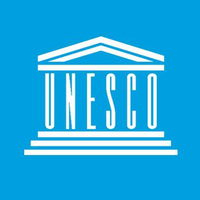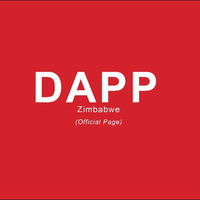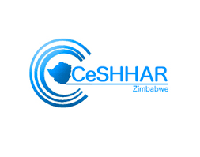Education And Intangible Cultural Heritage Expert
Ngo & Social Services Jobs
Job Description
CONTEXTUAL BACKGROUND
Incorporating living heritage in schools can help contextualize how and what students learn, create stronger connections between classrooms and learners’ everyday life and strengthen their sense of pride for their own cultures and respect for others.
Integrating living heritage in schools strengthens appreciation of cultural diversity; connects schools, families and communities; reinforces relations between children, their parents and grandparents; engages them in heritage safeguarding; and stimulates students’ curiosity – all this while making learning more relevant, inclusive, and accessible.
Furthermore, intangible cultural heritage supports linking education systems to the local community and vice versa, recognizing the role of the communities in the teaching and learning processes. In this regard, intangible cultural heritage provides a needed and incredibly rich resource for attaining SDG 4, notably Target 4.7 which emphasizes learning to ‘appreciate cultural diversity’ and to ‘understand the role of culture for development’ as part of education for sustainable development and global citizenship.
Duties and Responsibilities
In this context, under the authority of the UNESCO Regional Director for Southern Africa and direct supervision of the UNESCO Culture Programme Specialist and Head of Unit, the consultant(s) will undertake to do the following tasks:
- Develop five (5) lessons plans for the following learning areas in at least 5 subjects in South Africa and Zambia (selection should include subjects from Sciences, Social Sciences and Arts) in the basic education system.
The lessons plans should include interactive teaching methods, practical assessment and exercises in which selected ICH elements from the Southern Africa region are presented to support the achievement of relevant learning objectives.
The consultant shall be provided with material from UNESCO that could be used, as appropriate, to enrich the lesson plans.
Furthermore, the contribution of the ICH elements to sustainable development (and connections to the SDGs) should be a criteria for the selection of the ICH elements to be featured in the lessons plans.
- Test the lesson plans in at least 3 schools in South Africa and Zambia.
UNESCO will support the consultant in the identification of the schools and facilitating interaction with relevant national authorities. After testing the lesson plans the consultant would need to review and update the lessons plans as necessary.
Qualifications and Experience
EVALUATION OF PROPOSALS
All interested consultants are required to submit their application online via CAREERS as well as submit a technical and financial proposal separately via email to m.muchena@unesco.org with cc to vacancies.harare@unesco.org
The technical proposal shall be no more than 4 pages concisely presented and structured to include the following information:
Presentation of your profile/ up to date Curriculum Vitae
Brief Workplan and timeline
The financial proposal should be no more than 1 page and should detail: an appropriate Price Schedule which includes, as a minimum, the consultancy rate (in USD) and indication of which items may be negotiated, if applicable, or which items can be modified as per the budget. Full and final costing should include all taxes.
Within your application please include at least three samples of work related to this assignment, including reports; lesson plans; curriculum development reports etc. These will be assessed on quality, effectiveness of the presentation of findings and conclusions, amongst other key issues.
Project Timeline
Project duration is estimated to be at least 3 months
Reporting
The contract will be managed by the UNESCO Regional Office for Southern Africa based in Harare, Zimbabwe. The consultant will be expected to provide an updated status in a written format on a weekly basis. Formal reporting is expected upon delivery of each deliverable. Additional reporting activities may be requested by UNESCO ROSA on a need basis.
Budget and Payment
The consultant/firm will be selected following a competitive bidding process.
Candidates must submit a cost estimation (in USD) as an expression of interest, clearly itemizing costs. Payment will be done upon submission of each deliverable.
Copyright, Patents and Other Proprietary Rights
All rights, including but not limited to title to property, copyright, trademark and patent; in any work produced by the consultant by virtue of his/her contract, shall be vested in UNESCO which alone shall hold all rights of use.
REQUIRED QUALIFICATIONS
The successful bidder is expected to demonstrate experience and list relevant projects as follows:
A minimum of a master’s degree in a related field (culture, heritage, development, education or international relations)
At least 5 years’ experience in the field of intangible cultural heritage and/or curriculum development
Sound understanding of project management supported by two references/examples
Proven experience of working with ministries and relevant government departments in the fields of education and culture
Proven experience in curriculum development and/or policy development is an added advantage.
Please support this with at least two references/examples
Excellent writing and communication skills





